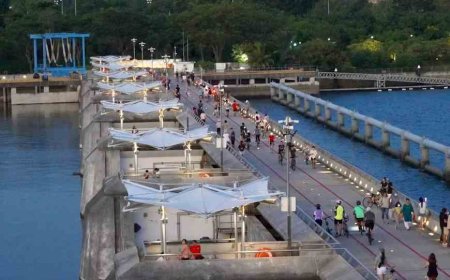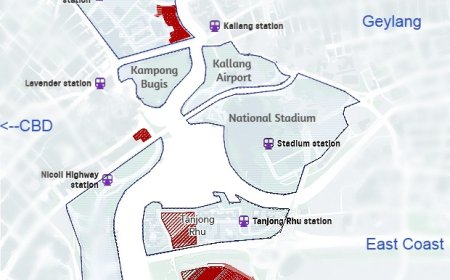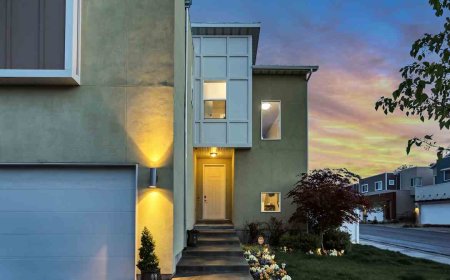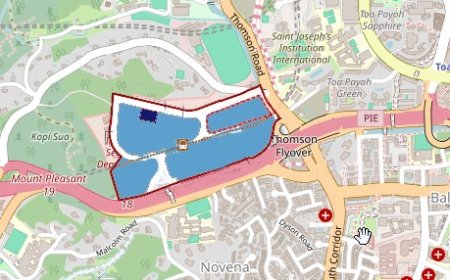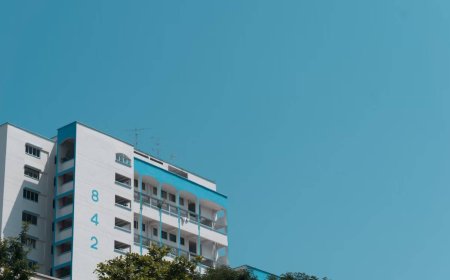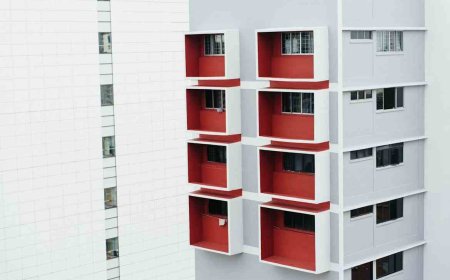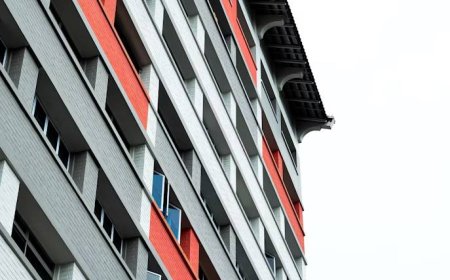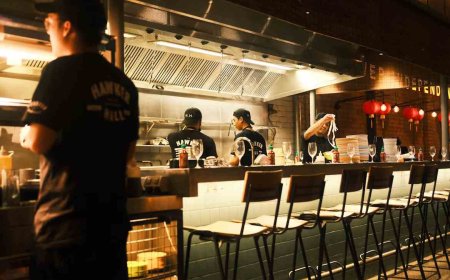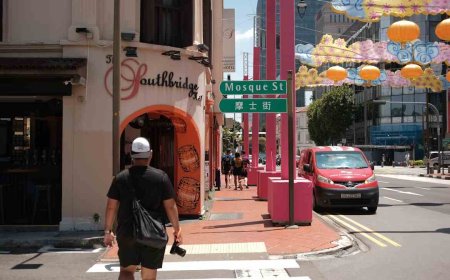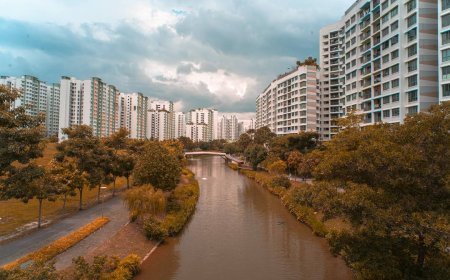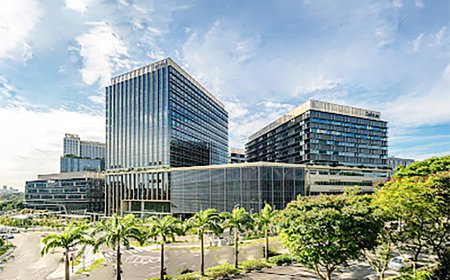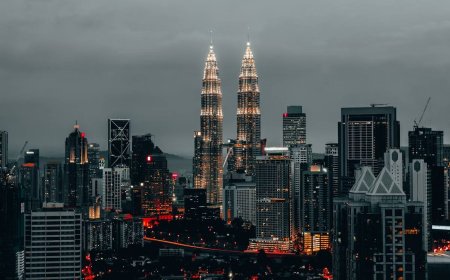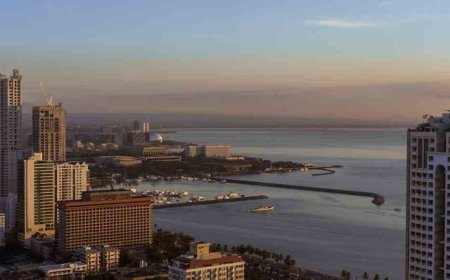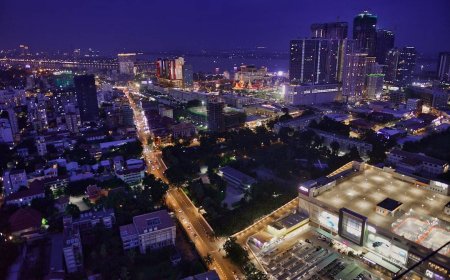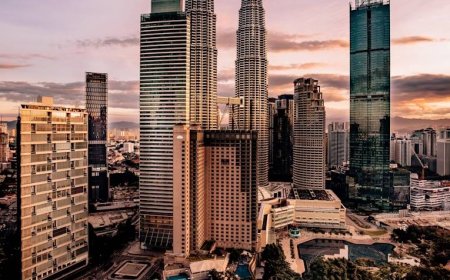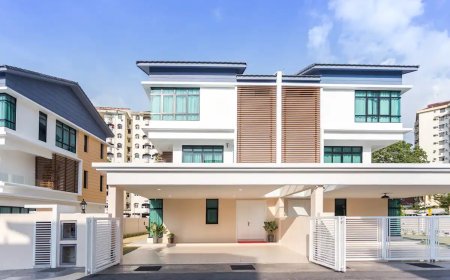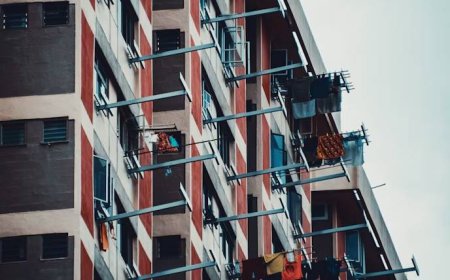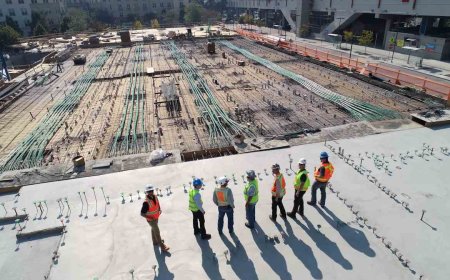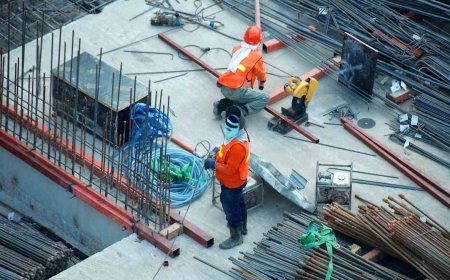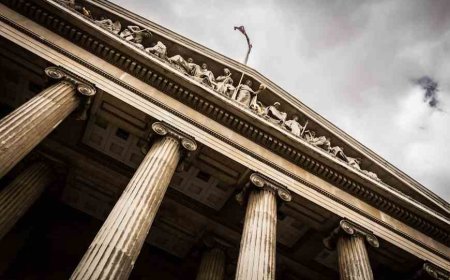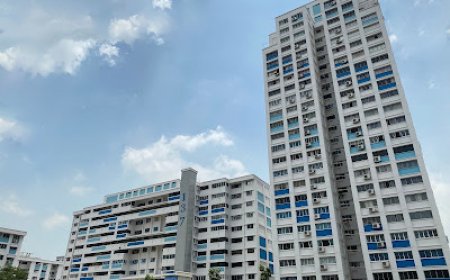Singapore’s Commercial Property Market in 2025
Singapore’s commercial property market in 2025 remains resilient, driven by alternative asset growth, sustainability priorities, and selective investment strategies. Learn what’s shaping investor trends and market performance.
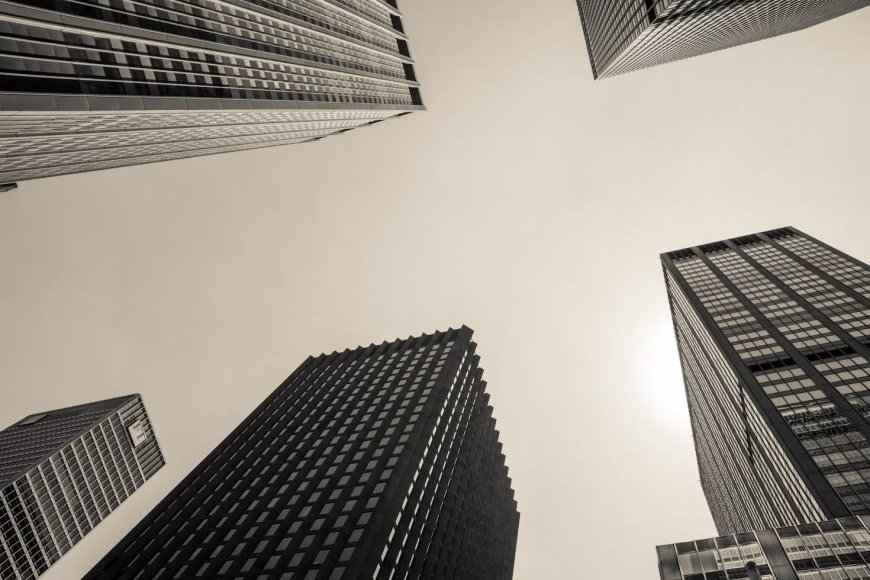
Singapore’s commercial property market continues to demonstrate resilience in 2025. Despite global economic headwinds, the market is supported by a robust economy, strategic government policies, and a shift in investor priorities. The city-state's status as a global financial hub, paired with its focus on sustainability and innovation, continues to make it a top destination for capital inflows, particularly in the commercial real estate sector.
Key Growth Drivers in 2025
1. Economic Stability and Pro-Business Environment
Singapore's political stability, efficient governance, and transparent legal framework have long positioned it as a reliable market for international and domestic investors. In 2025, this stability remains a core factor attracting capital into the commercial property space.
Investors are increasingly prioritizing secure, low-volatility markets, and Singapore’s commitment to financial discipline, sound infrastructure, and investor protection laws continues to provide confidence.
2. Shifting Investor Focus Towards Alternative Asset Classes
Traditional commercial property segments such as offices and retail spaces remain in demand, particularly in core business areas. However, investor attention is increasingly moving toward emerging asset classes that align with evolving global trends. These include:
-
Data Centres: Accelerated digital transformation and increased data consumption are driving strong demand for data infrastructure.
-
Life Sciences Facilities: Biomedical innovation and healthcare advancements are boosting interest in laboratory and R&D-ready spaces.
-
Logistics and Warehousing: E-commerce growth continues to fuel requirements for modern logistics hubs, especially those with automation capabilities.
These alternatives offer strong yield potential, long-term leasing structures, and resilience to cyclical economic fluctuations.
3. Office Space: Stable Demand in Prime Areas
While general office leasing activity has moderated, demand remains consistent in strategically located buildings, particularly those that are certified for energy efficiency and green building standards. These developments cater to tenants seeking not just workspaces, but sustainable and technologically advanced environments that enhance employee wellbeing and support ESG objectives.
Limited new supply in core business zones, along with rising construction and replacement costs, has contributed to value stability in this segment despite a more cautious investment climate globally.
4. Gradual Retail Recovery Amid Consumer Shifts
Retail property performance is showing signs of recovery, particularly in locations that benefit from tourism and high pedestrian traffic. However, retail landlords are adapting to:
-
Evolving consumer expectations
-
The impact of online shopping
-
Irregular foot traffic patterns
The most successful retail assets in 2025 are those that offer experiential value, lifestyle integration, and omnichannel engagement. Active leasing strategies, rebranding initiatives, and tenant diversification are being employed to stay competitive.
5. Sustainability and ESG Now Integral to Investment Strategy
A major trend shaping the market is the integration of sustainability and environmental, social, and governance (ESG) considerations. Investors are now prioritizing:
-
Green-Certified Developments
-
Net-Zero Carbon Building Initiatives
-
Urban Regeneration Projects
Incentives from the Singapore government for environmentally responsible developments have further encouraged investment in sustainable infrastructure. Properties that meet ESG benchmarks are more likely to secure funding, attract blue-chip tenants, and command price premiums.
Singapore’s forward-thinking urban planning, which integrates green spaces and smart technologies, reinforces its position as a global leader in sustainable urban development.
Recognition of Singaporean Developers on the Regional Stage
Singapore's real estate developers continue to be acknowledged regionally for excellence in sustainability, hospitality, and lifestyle-oriented design. At a major Asia-Pacific industry awards event in 2024, Singapore-based firms were recipients of multiple top-tier awards in categories such as:
-
Sustainable development
-
Lifestyle-focused real estate
-
Nature-integrated design
-
Interior design excellence in hospitality
This recognition underscores the country's capability to deliver real estate projects that combine innovation, luxury, and long-term environmental stewardship.
Future Outlook: What Lies Ahead for 2025 and Beyond
The commercial property sector is expected to evolve in response to macroeconomic factors, investor behavior, and government policies. Based on industry assessments, three primary trends are anticipated to define Singapore's commercial property landscape in the coming quarters:
Selective Investment Strategies
Higher financing costs and global volatility are prompting investors to be more selective. While institutional capital, private wealth, and family offices remain active in the sector, investment is increasingly focused on core assets with strong fundamentals, such as premium-grade office towers and logistics hubs in prime locations.
Increased Capital Flow into Commercial Real Estate
The exemption of commercial properties from Additional Buyer’s Stamp Duty (ABSD) for foreign investors is diverting capital that would traditionally go into residential assets toward commercial real estate. This shift is driving higher interest in non-residential properties among both domestic and overseas investors.
Sustainability Becomes the Market Norm
ESG compliance is no longer optional. Green certifications are now standard requirements for investors, occupiers, and developers alike. Developments that do not meet sustainability standards are likely to see diminished interest and lower capital inflows moving forward.
Conclusion
Singapore’s commercial property market in 2025 remains a cornerstone of regional real estate investment. Despite challenges in the global economy, the market is being shaped by a strategic focus on alternative assets, strong ESG commitments, and selective but sustained capital deployment. As Singapore continues to champion sustainable urban growth and innovative real estate design, it is poised to maintain its reputation as a premier investment hub in the Asia-Pacific region.
Algene Toh
Disclaimer: The information presented on BSR2.com is intended for general informational purposes only. It does not constitute legal, financial, investment, or real estate advice and should not be relied upon as such. While every effort has been made to ensure the accuracy, reliability, and completeness of the content at the time of publication, all data is derived from publicly available sources and may be subject to change without notice. BSR2.com makes no representations or warranties of any kind, express or implied, regarding the suitability, timeliness, or accuracy of the information provided for any specific purpose. Users are strongly encouraged to seek independent advice from qualified professionals before making any decisions based on the content found on this website. BSR2.com shall not be held liable for any loss, damage, or consequence, whether direct or indirect, arising from the use of or reliance on the information provided. The content is intended as a general guide and does not take into account individual circumstances.
What's Your Reaction?
 Like
1
Like
1
 Dislike
0
Dislike
0
 Love
0
Love
0
 Funny
0
Funny
0
 Angry
0
Angry
0
 Sad
0
Sad
0
 Wow
0
Wow
0
